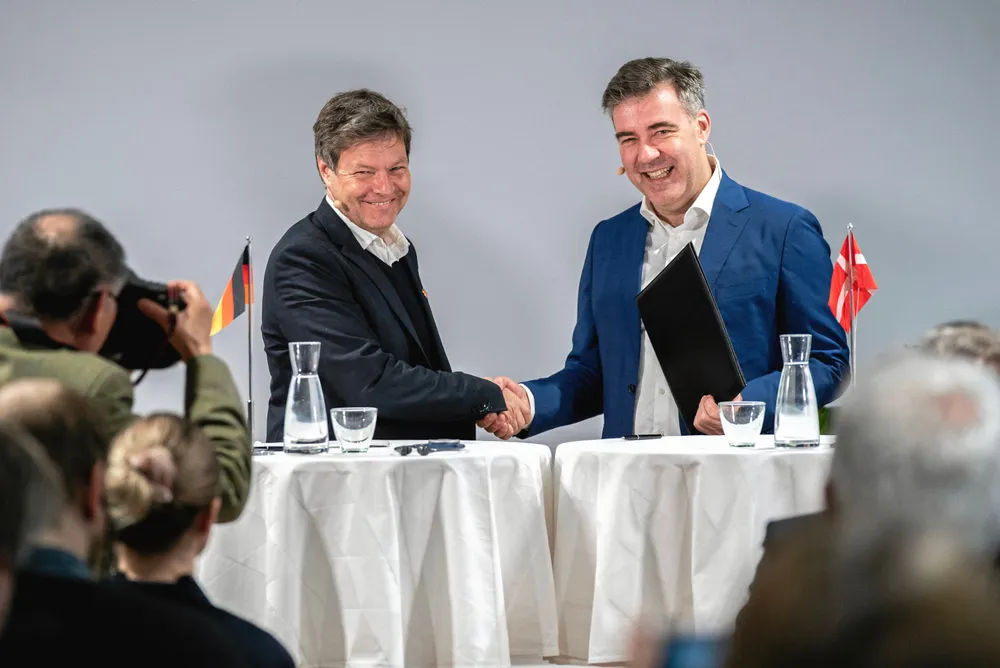'The more, the better' | Germany and Denmark aim to build hydrogen pipeline between the two nations by 2028
Climate ministers sign agreement in Copenhagen, two months after Berlin made similar deal with Norway

Climate ministers sign agreement in Copenhagen, two months after Berlin made similar deal with Norway
